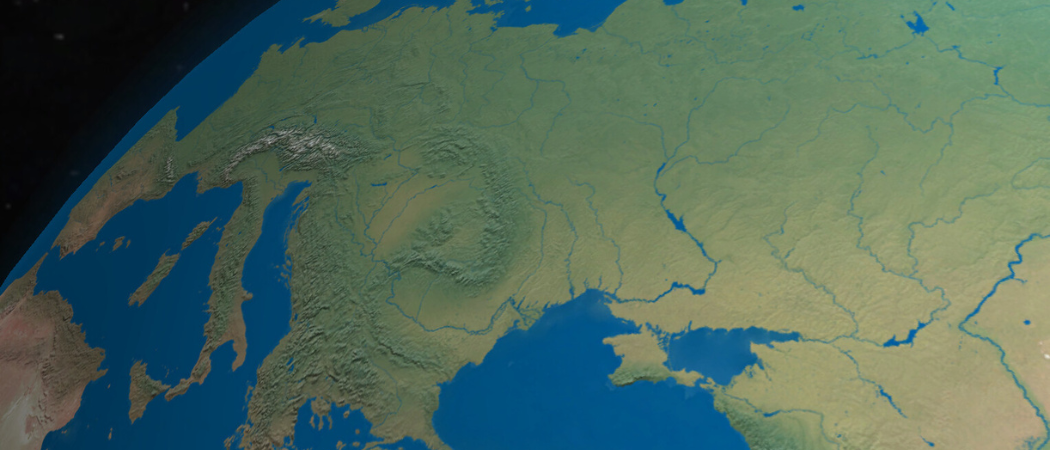Researchers in the Widening countries are getting more involved in Horizon Europe, but significant gaps remain in south-eastern Europe

Photo credits: Przemek Pietrak / Flickr
A new independent expert report published by the European Commission this month shows the “gradual and tangible impact” of EU funding schemes aimed at addressing the east-west research and innovation gap.
The Widening programme was set up by the EU to help countries that joined the bloc after 2004 to boost their R&D capacity and increase their participation in EU funding competitions.
As member states are still haggling over the effectiveness of the Widening programme and whether the Commission should keep funding it after 2027, the new report shows countries such as Greece, Portugal and Slovenia are increasingly involved in EU-funded consortia.
However, Widening countries in south-eastern Europe still show “modest participation” in EU-wide collaboration networks. Hungary’s participation in collaborative projects has decreased from Horizon 2020 to Horizon Europe, but that is probably due to EU funding restrictions imposed by the Commission after the government in Budapest interfered with the governance structure of universities.
Meanwhile, participation levels in EU collaborations for Romania and Bulgaria are stagnating. Poland reported a higher engagement in Framework Programme 7 but, in subsequent programmes (Horizon 2020 and Horizon Europe) its collaborations narrowed down to one important partner: Germany.

The analysis shows major EU member states playing a central role in steering consortia and research agendas, but there are a few influential organisations located in Widening countries as well. The National Centre for Research and Development in Greece tops the list, followed by the University of Ljubljana, then three more Greek institutions.
Since the COVID-19 pandemic, countries are more inclined to cooperate with partners that are closer to their borders and have similar strategic interests or socio-economic conditions. This also implies that Widening countries may not depend as heavily on non-Widening countries to initiate collaborations, the study shows.

Non-Widening countries have a wider range and a higher number of collaborations per organisation compared to Widening countries. Also, the data shows a gradual increase in collaborations and more willingness from non-Widening organisations to work with Widening partners, suggesting that increased participation is likely followed by increased collaboration.
What will happen next?
A broader political rift over the role of EU research and innovation in economic competitiveness will define upcoming FP10 negotiations. But old rifts between newer and older, poorer and richer member states over who benefits more from the Framework Programme will also stay on the agenda.
Science|Business analyses of government position papers on FP10 show the 15 EU member states categorised as Widening countries by the Commission are in favour of the Widening programme and want a version of it to continue after 2028.
But some non-Widening EU member have called for the programme to be discontinued. For example, in a position paper published this week, Finland says the FP10 should stop allocating money to address the east-west research and innovation gap. “Cohesion policy programmes should be the primary means of addressing the disparities in development between EU member states,” the Finnish government said.
Opposition notwithstanding, the Commission will add two new Widening funding schemes in 2026-27 intended to boost the research and innovation performance of lagging EU member states. Meanwhile, EU research commissioner Ekaterina Zaharieva is planning a review of the Widening funding schemes.





 A unique international forum for public research organisations and companies to connect their external engagement with strategic interests around their R&D system.
A unique international forum for public research organisations and companies to connect their external engagement with strategic interests around their R&D system.